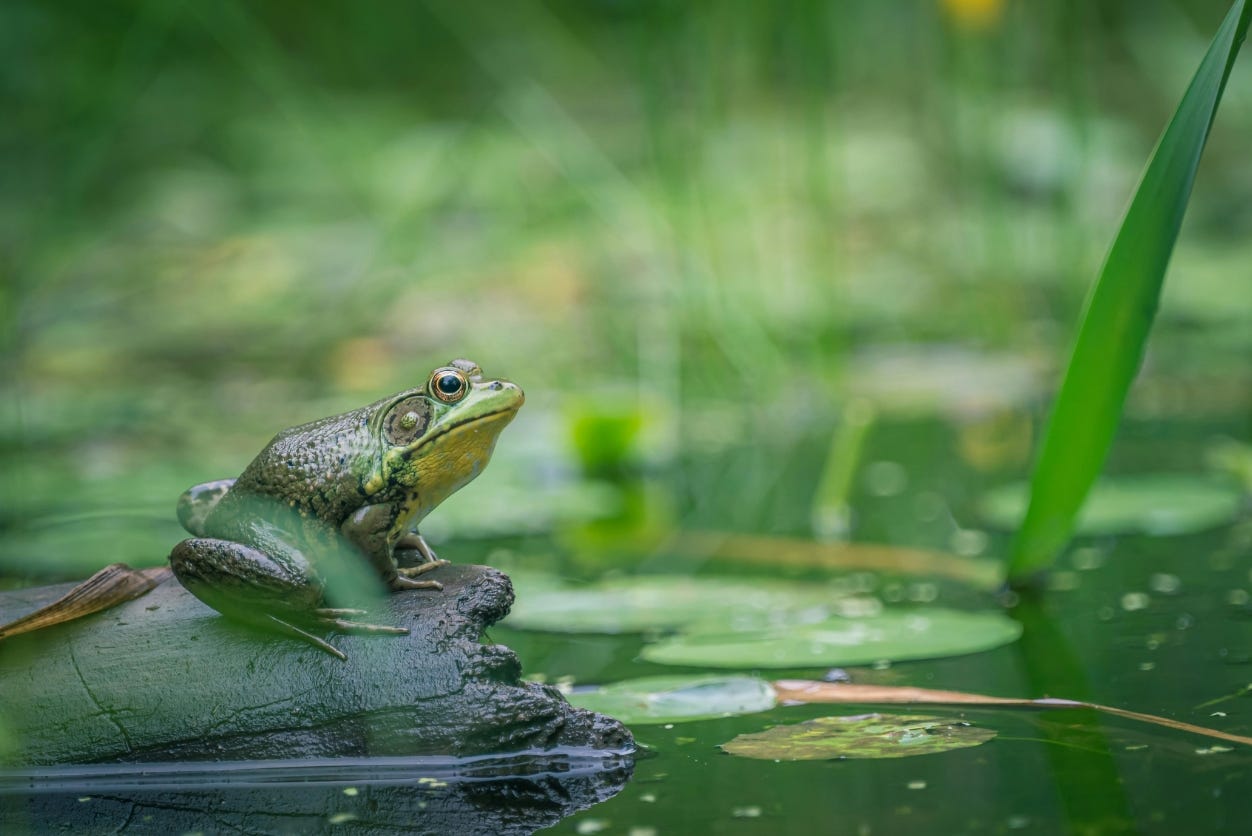Good News #21
New national park in Australia, amphibian underpass in Vermont, wave energy in LA, peat burning ban in England, and river cleanup in Rome
Here’s my weekly roundup of environmental good news stories from around the world. Enjoy!
England is banning deep peat burning
The UK government has expanded its ban on burning deep peatlands, now covering all peat over 30 cm deep. Peatlands are vital carbon sinks and biodiversity hotspots, but many are burned to create habitat for grouse, which are hunted for sport. The government estimates that 80% of peatlands across England are dried out and deteriorating. Burning releases greenhouse gases, kills native wildlife, and leads to water pollution. The new rules, which come into force on September 30, will protect 676,628 hectares of deep peat – up from the current 222,000 hectares.
Australia creating Great Koala National Park
New South Wales has announced the creation of the Great Koala National Park, which will protect about 176,000 hectares of habitat and safeguard an estimated 12,000 koalas — roughly one-fifth of the state’s population. The move ends logging within the park boundaries and is seen as a critical step in halting the decline of one of Australia’s most iconic and vulnerable species.
Los Angeles is piloting wave energy
A pilot project at the Port of Los Angeles is testing a new wave-energy system that uses buoyant steel floats connected to hydraulic pumps to capture the motion of waves and convert it into electricity. This technology can be installed on existing coastal structures such as breakwaters and piers, avoiding damage to shorelines and sensitive habitats. The pilot is small, but developers estimate that scaling it across the port’s eight-mile breakwater could provide power for around 60,000 homes, offering a steady complement to solar and wind energy.
Vermont’s amphibian underpass is a success
In Monkton, Vermont, a wildlife underpass built for frogs, salamanders, and other migrating amphibians has been the subject of a long-term study using wildlife cameras and road-mortality surveys. Researchers monitored amphibian road mortality for five years before construction and seven years after, and the data shows that amphibian deaths dropped by up to 94% after the tunnel was installed. This evidence supports the underpass model as an effective conservation strategy for protecting amphibian populations and reducing wildlife roadkill.
Rome plans to clean up the Tiber River
Rome’s mayor has pledged to make the Tiber River clean enough for swimming within five years, following in Paris’s footsteps to restore the Seine. The plan involves reducing pollution, upgrading wastewater treatment, and tackling litter and sewage overflows. While the announcement was met with skepticism, it signals a growing trend of cities seeking to restore urban rivers for both people and wildlife.



